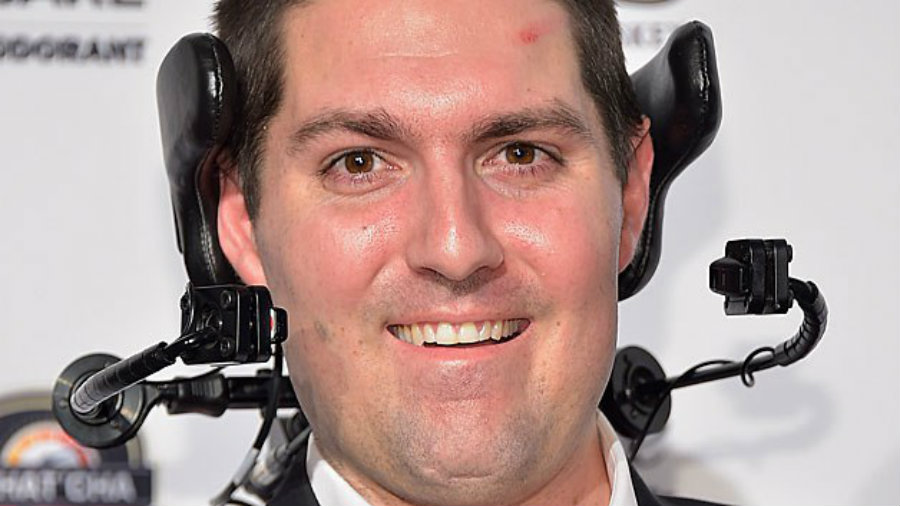Pete Frates, the amyotrophic lateral sclerosis (ALS) patient who inspired the famous Ice Bucket Challenge, was hospitalized in a Boston hospital on Monday. The 32-year-old was diagnosed five years ago with ALS, also known as Lou Gehrig’s disease.
The Ice Bucket Challenge became incredibly popular in 2014 and consisted in dumping a bucket of icy water on someone’s head, as a way to raise money and awareness for ALS. The videos were posted on Twitter, Facebook, and other social media platforms, and quickly became viral.

The assumption was that you either took the Ice Bucket Challenge or donated money to an ALS foundation, although many people did both.
Man who inspired the Ice Bucket Challenge is currently on a ventilator
Frates has survived for the past five years with the debilitating condition that strips away a person’s ability to walk, talk, eat and move. After he was hospitalized on Monday, his family published a statement to let people know that Pete is doing better.
“Pete’s family wants everyone to know that Pete is resting comfortably at MGH (Massachusetts General Hospital) as the Doctors, medicine, prayers, and love continue to help him get stronger,” wrote the family on a Team Frate Train Facebook post. “Thank you all for your concern.”
He played baseball at Boston College before he was scouted to play and then coach a team in Germany. Frates was 27 years old when he was diagnosed with ALS, and over a year later he married his wife, Julie. They had a baby girl in 2014, Lucy.
The Frates family continues to take an active role in raising awareness and funding for ALS research. The disease has been more studied ever since the Ice Bucket Challenge became viral in 2014, as researchers were able to receive funds to do so.
Frates is currently on a ventilator and can’t speak. On Monday, his family also posted from the hospital, writing Pete is “battling this beast ALS-like a Superhero.”

New ALS drug is expected to be available in August
ALS shuts down nerve cells, impairs essential functions of the body and weakens muscles. Over $200 million was raised in 2014 to study the condition, and the ALS Association credits the effort with helping fund research at the University of Massachusetts Medical School, which resulted in the discovery of a gene that now ranks high among the most common genetic factors linked to ALS.
Researchers at John Hopkins also received credit for their effort in funding their high-risk, high-reward study approach to ALS research.
Some drugs are capable of slowing down the progression of the disease and ease symptoms, but ALS has no cure to the date. Respiratory failure is the most common cause of death for ALS patients. However, the FDA recently approved a new drug that will help slow the degenerating effects of ALS, and it is set to be released in August.
Source: USA Today
